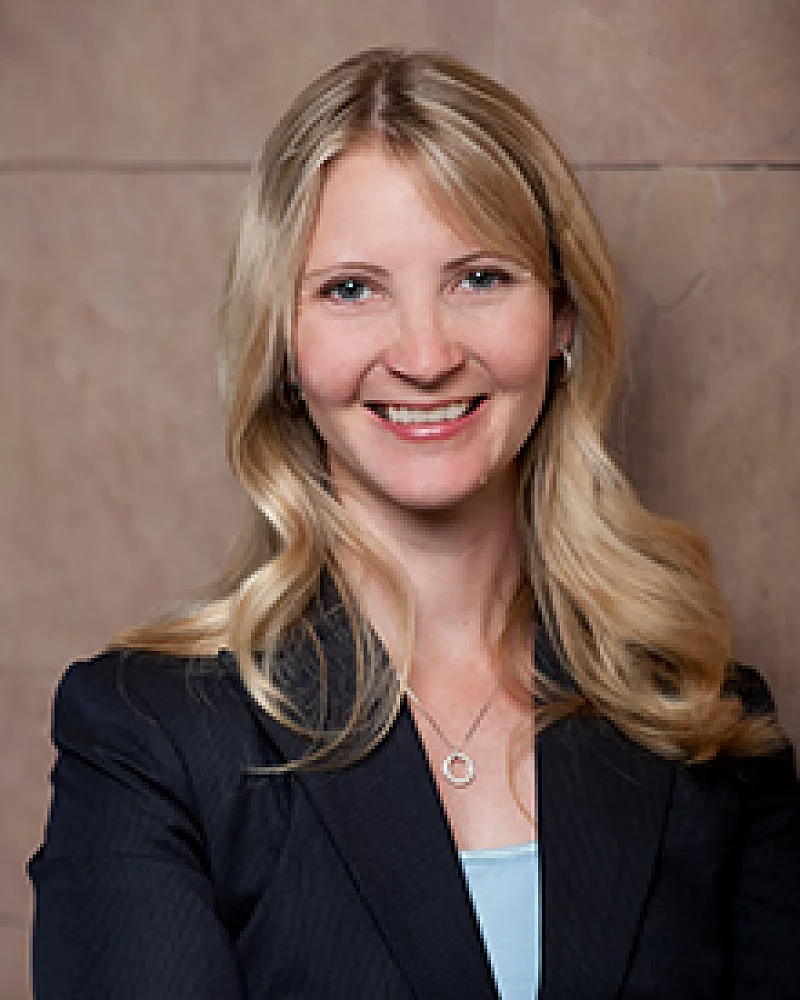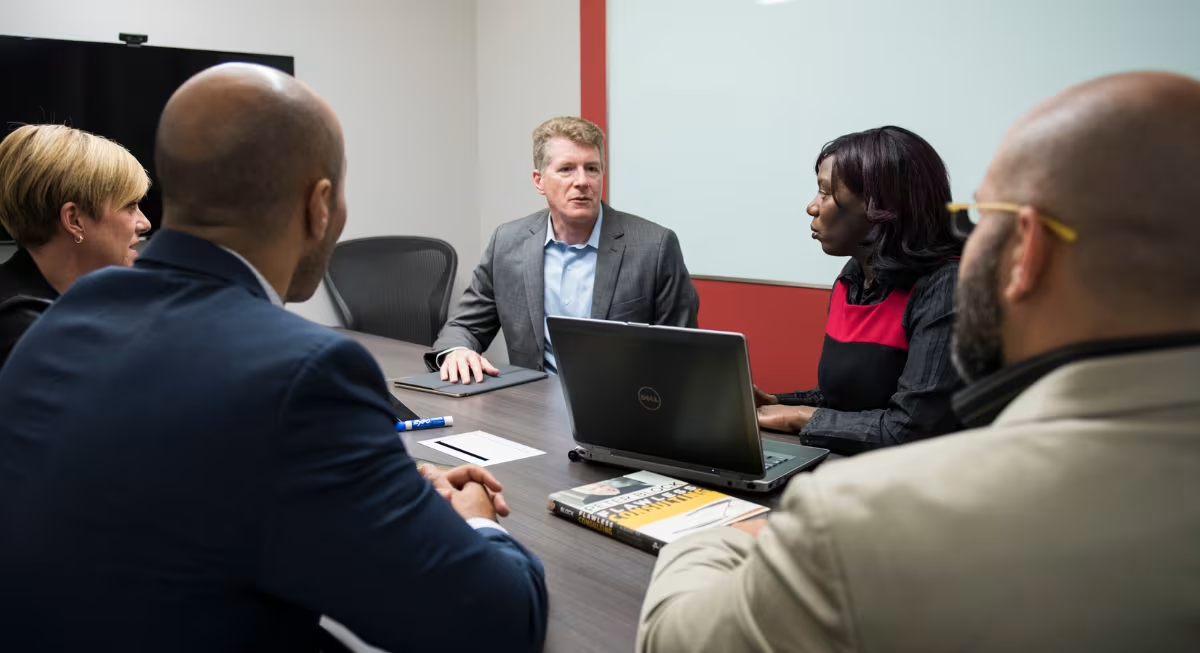When it comes to learning global business, readings, theories, and classroom discussions can only take you so far. In the Telfer Executive MBA (EMBA) program, global business learning happens beyond the classroom - through two hands-on consulting projects (six consulting projects in the program curriculum in total). These projects are not simulations or case studies; they are real consulting engagements that challenge candidates to solve problems with real companies. The international aspect adds another element of complexity by immersing candidates in different cultural and economic environments— often unlike anywhere they have worked before. For Walid Eldakroury and Véronique Perron, Telfer Executive MBA graduates, the international consulting projects were valuable learning experiences that increased confidence, cemented learning, and strengthened their career progression.
A Different Kind of Business Education

Walid Eldakroury came into the EMBA program with a background in engineering, management and investment experience. Despite being based in Egypt, working with a multinational company, he felt he was missing the full picture of global business operations and needed a broader global perspective. The applied learning approach to global business through the consulting projects at Telfer intrigued Walid. “I knew the projects would give me experience working in different industries and business situations but more importantly, I would be exposed to tangible global business learning.”

Contrary to Walid, Véronique Perron entered the program with limited exposure to international business, and the projects were a major leap into unfamiliar territory. “I found that connecting with business leaders from Canada, the U.S., and Malaysia gave me a deeper understanding of the challenges and opportunities in their sectors and countries,” Perron explains. “It really highlighted how complex international expansion can be, and how critical strategic planning is for success.”
Learning Global Business by Doing Global Business
The first of the international projects done in the first year of the program requires EMBA teams to work with Silicon Valley-based start-up companies as part of the Innovation and Entrepreneurship class. Walid and his team worked with a U.S.-based health tech startup that faced regulatory barriers that were preventing its ability to scale as a B2B provider. Through market research and strategic analysis, Walid’s team recommended that the client company change to a B2C model – a recommendation they embraced.
Véronique’s team worked with a California-based AI startup looking to enter the Canadian aquaculture industry. The company had developed a fish monitor and behavior tracking system. They had assumed that since there were a lot of fish in Canada, the market would be good for their product. What Véronique’s team found through their research, however, showed that Canada’s market was already saturated with similar technologies and competitors who were offering more services. “Our recommendation was to pause on immediate entry into Canada and explore other markets like Norway and Chile, which had fewer regulations and a growing demand,” Véronique says. “The client was grateful. Our work saved them from investing in a market that wasn’t the right fit. In the end, the project wasn’t just about producing a report. It was a real analysis with real implications for a company’s future.”

The second consulting engagement, completed in the second year of the program, an international expansion project that demanded even more from candidates. Walid’s team supported a Canadian tech company in evaluating possible market entry into Vietnam. Their challenge was to navigate a different business culture, time zone, and regulatory environment while building a pipeline of potential customer leads. This was a steep challenge for a group of individuals who had no experience doing business in Vietnam and had no business contacts there either. “It felt like being thrown into the middle of the sea and having to swim to shore not knowing in what direction it is,” Walid recalls. Through research and analysis, the team identified 125 potential leads, narrowed them to 12 viable prospects, and eventually helped the client secure meetings with five companies. If that wasn’t challenging enough, along the way, the team had to adapt quickly when they discovered the product did not initially meet local regulatory standards.

Véronique’s team worked with an Ottawa-based company that had developed an electric vehicle fleet workflow management system. The target market was Malaysia, where they were trying to modernize the transportation infrastructure. The team conducted market research, engaged with industry stakeholders, and met with nine different companies in Malaysia on behalf of their client company. Their findings revealed that while Malaysia showed promise in this market, the current infrastructure, cost issues, and supply challenges were premature for the client’s technology.
“We recommended they continue the conversation, monitor developments, and consider a physical presence in-market when the time is right,” Véronique says. “We provided them with a strategic playbook for future expansion.”
Career Impact: Confidence and Capability
“I didn’t know I could lead a company expansion project before doing the EMBA,” says Véronique. “Now, I know I can—because I already have. The international consulting projects significantly elevated my confidence, leadership skills, and business acumen. I now feel prepared to offer international business advice to organizations or even lead a professional project in another country.”

Walid adds, “It pushes you outside your comfort zone. When you walk away from the project with a successful outcome, your confidence in your own abilities goes through the roof.” It was this confidence, along with his experience, that translated into a significant career move for Walid. Shortly after completing the program, he was named Partner and CEO of a growing oil and gas company in Egypt - an opportunity he directly attributes to the skills and perspective he developed during the EMBA program. “They were looking for a leader who could help them expand their business to the Middle East. I shared that I had helped successfully expand other businesses through my professional experience and the projects I completed in the Telfer Executive MBA program. That’s what ultimately led to the opportunity.”
More than academic exercises – the international consulting projects expand our candidates’ global perspective, increase their confidence, and strengthen overall learning. For professionals like Walid Eldakroury and Véronique Perron, the projects offer an opportunity to apply global business theory to real-world situations. As a result, graduates walk away with knowledge, confidence and more importantly, proof of their own capability as global business leaders.







